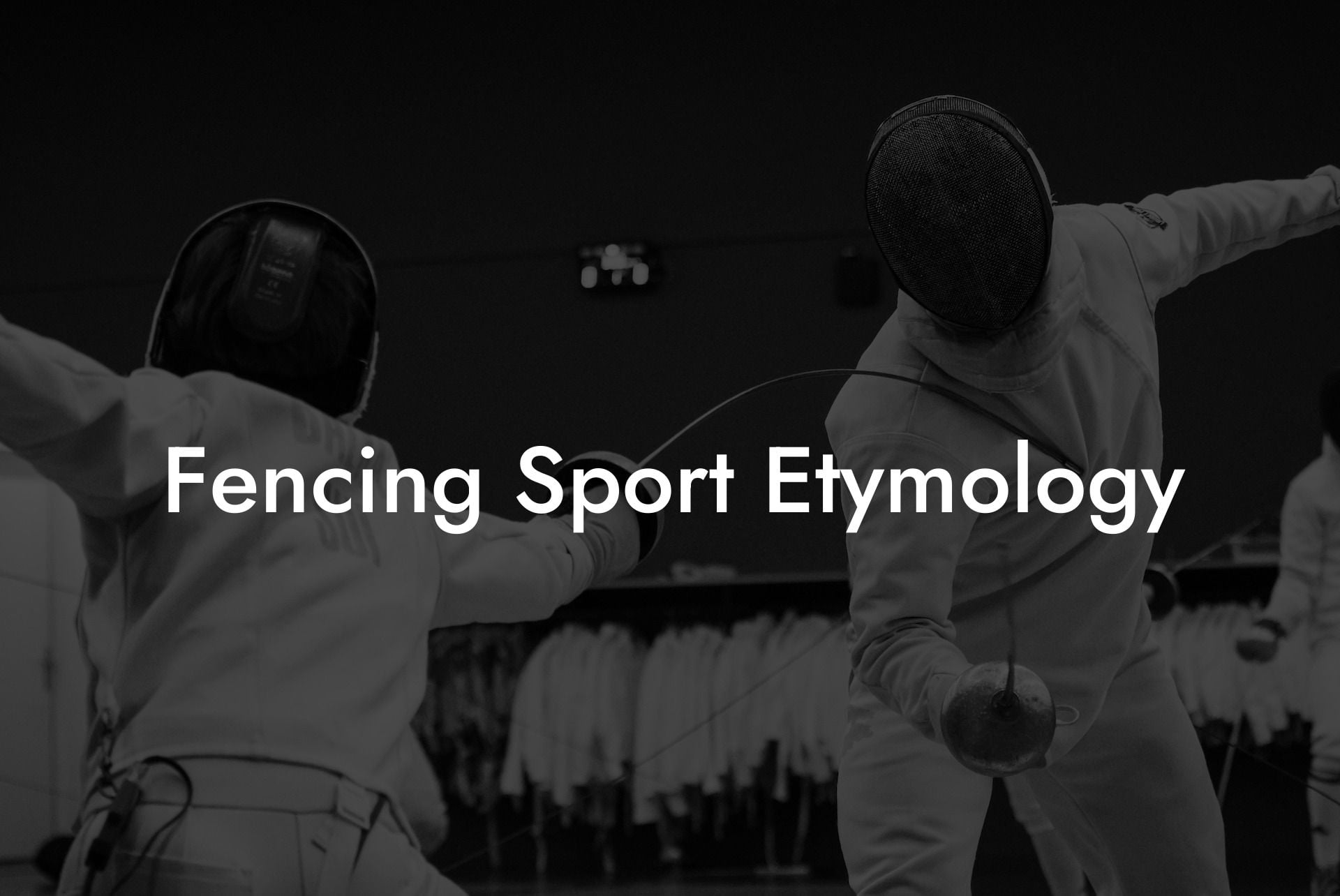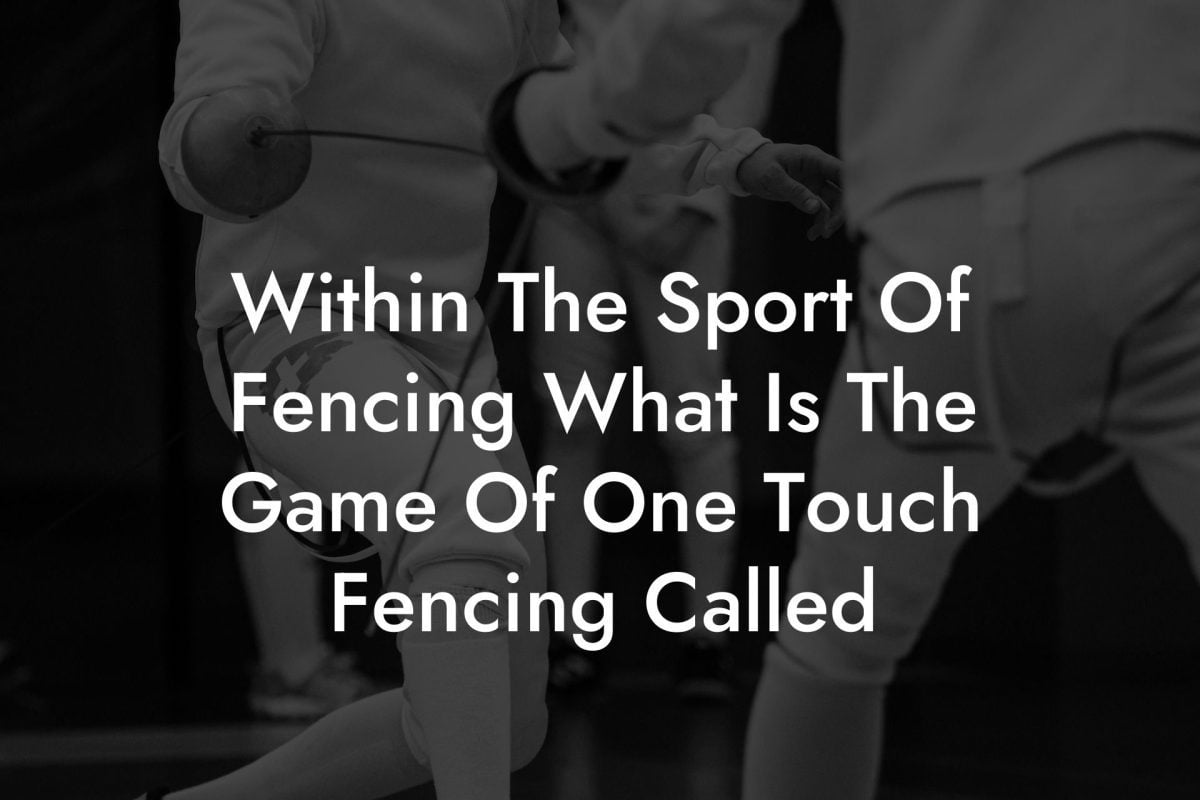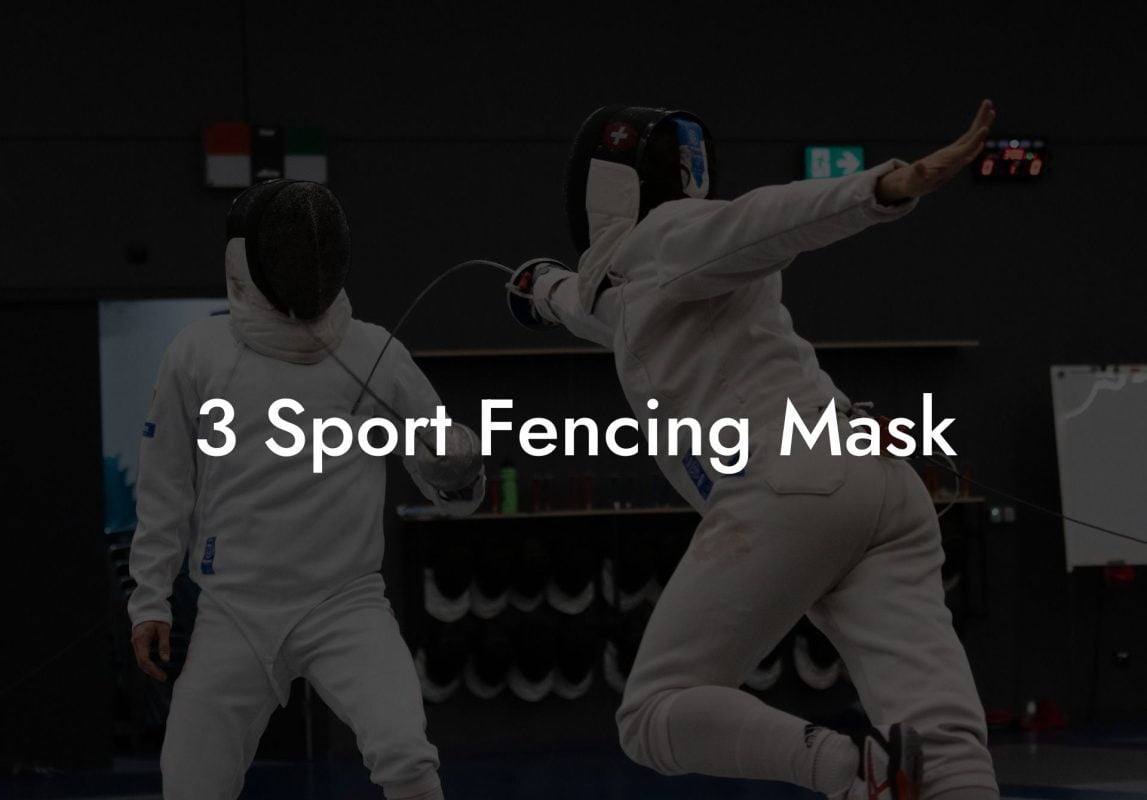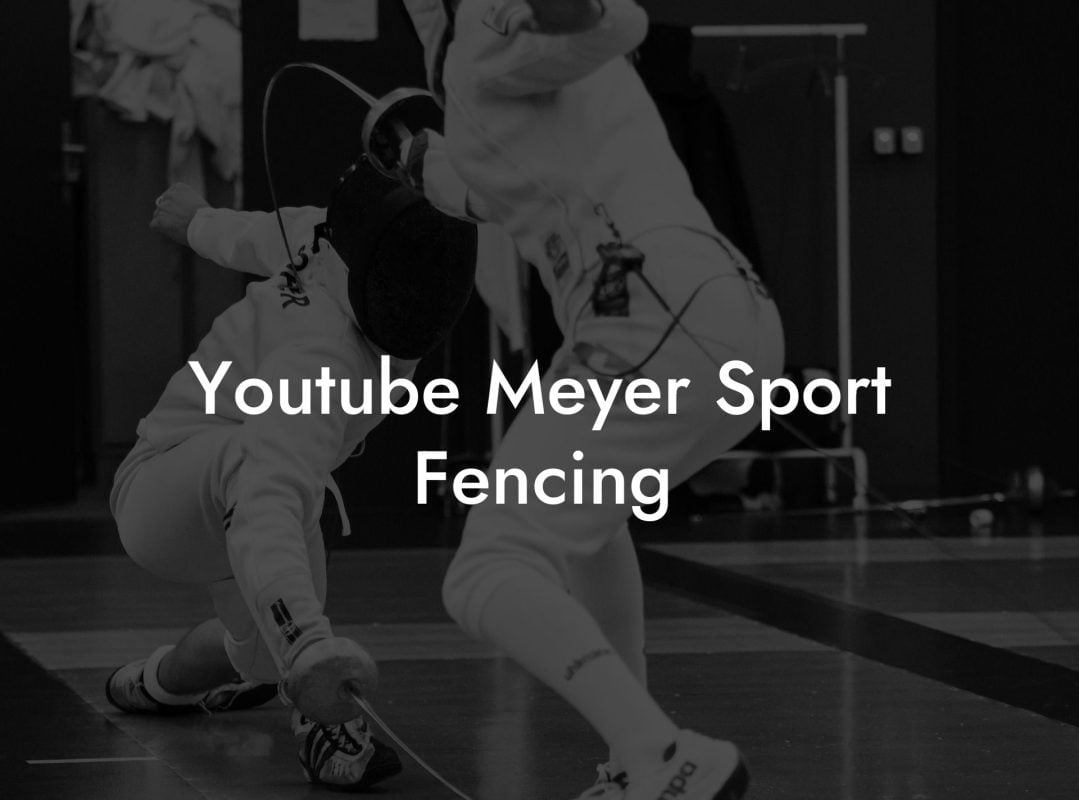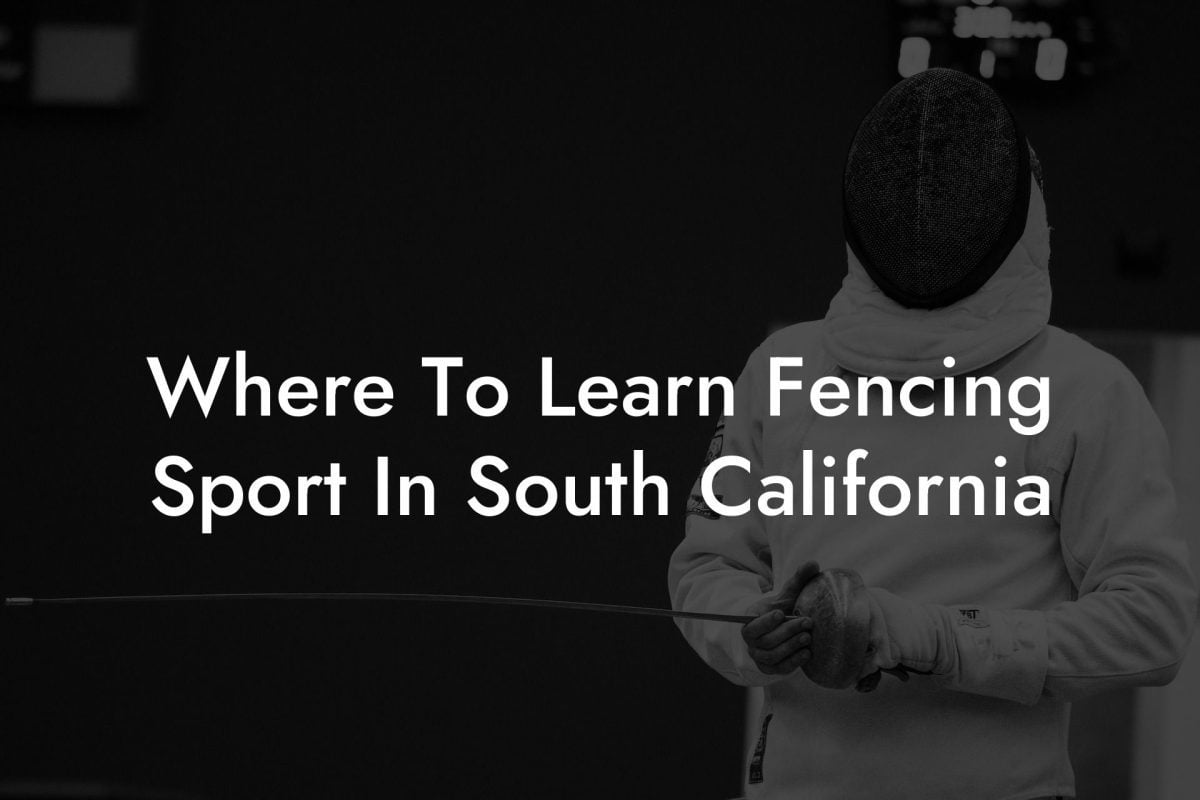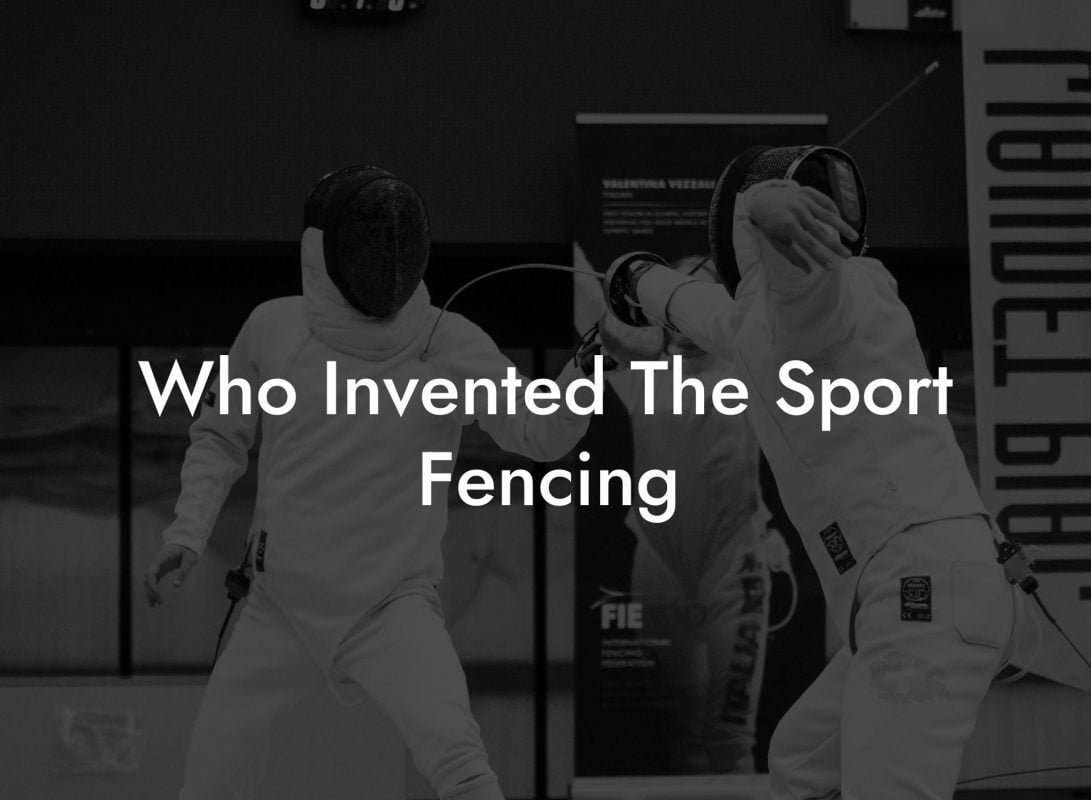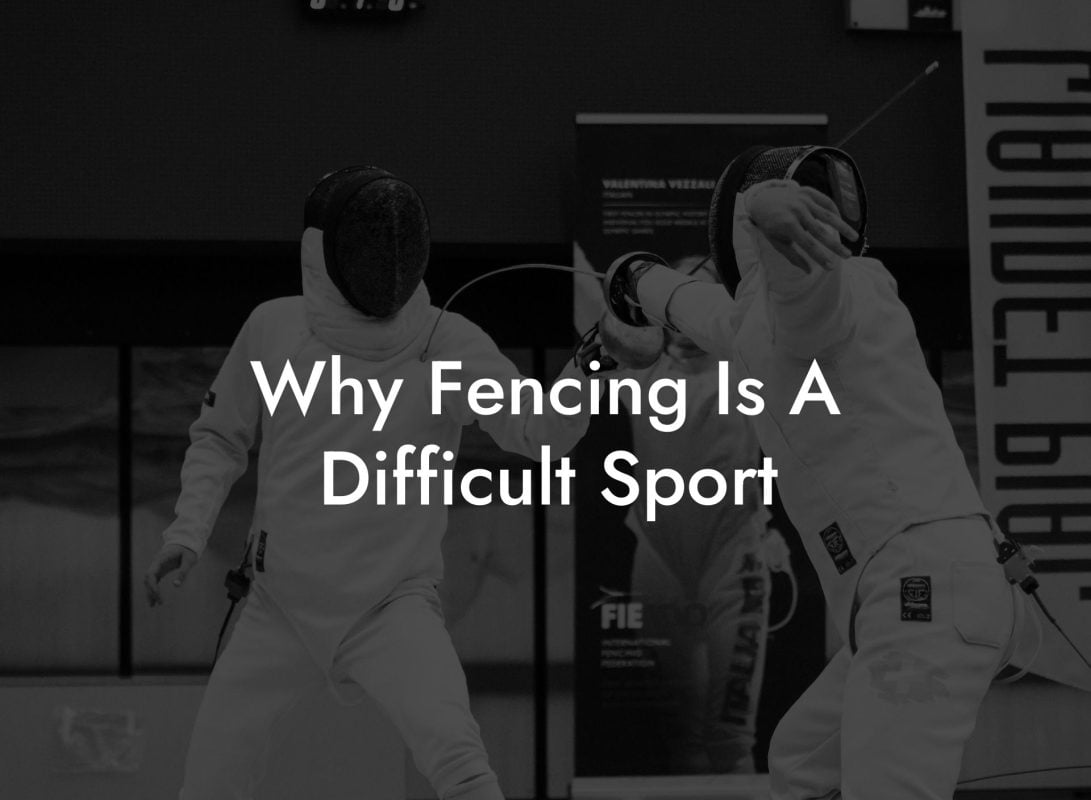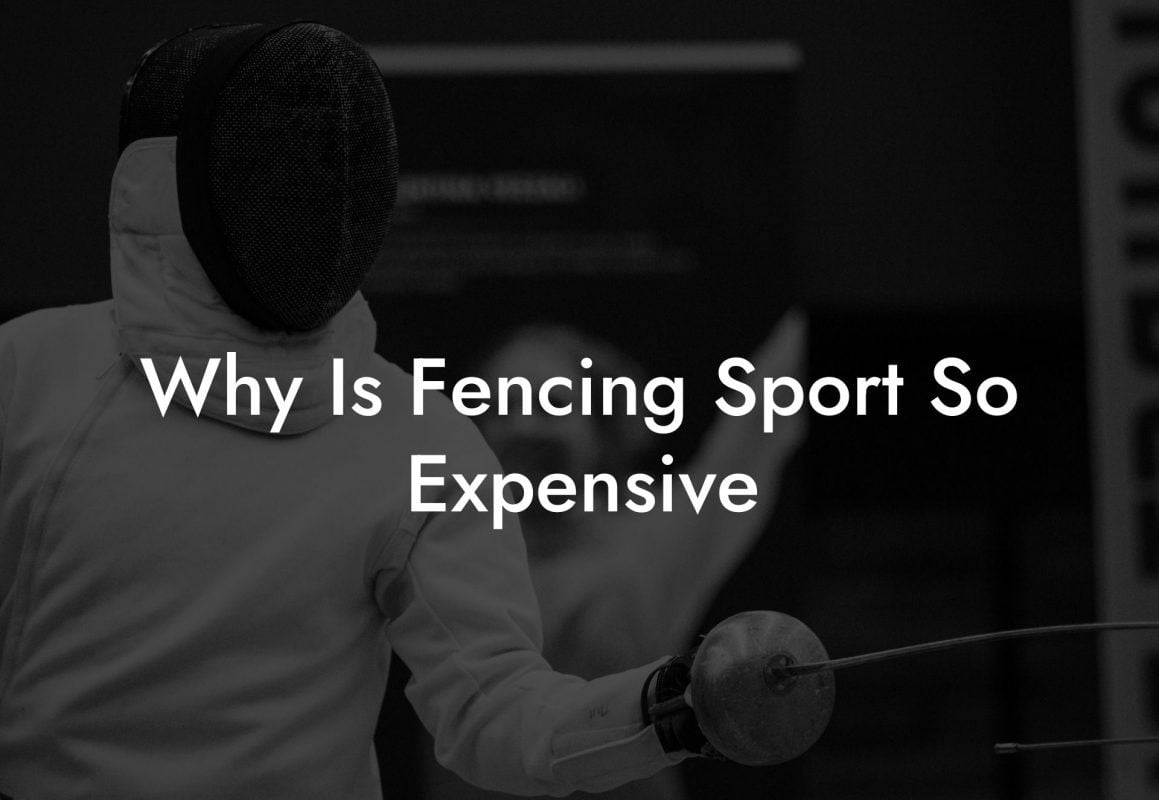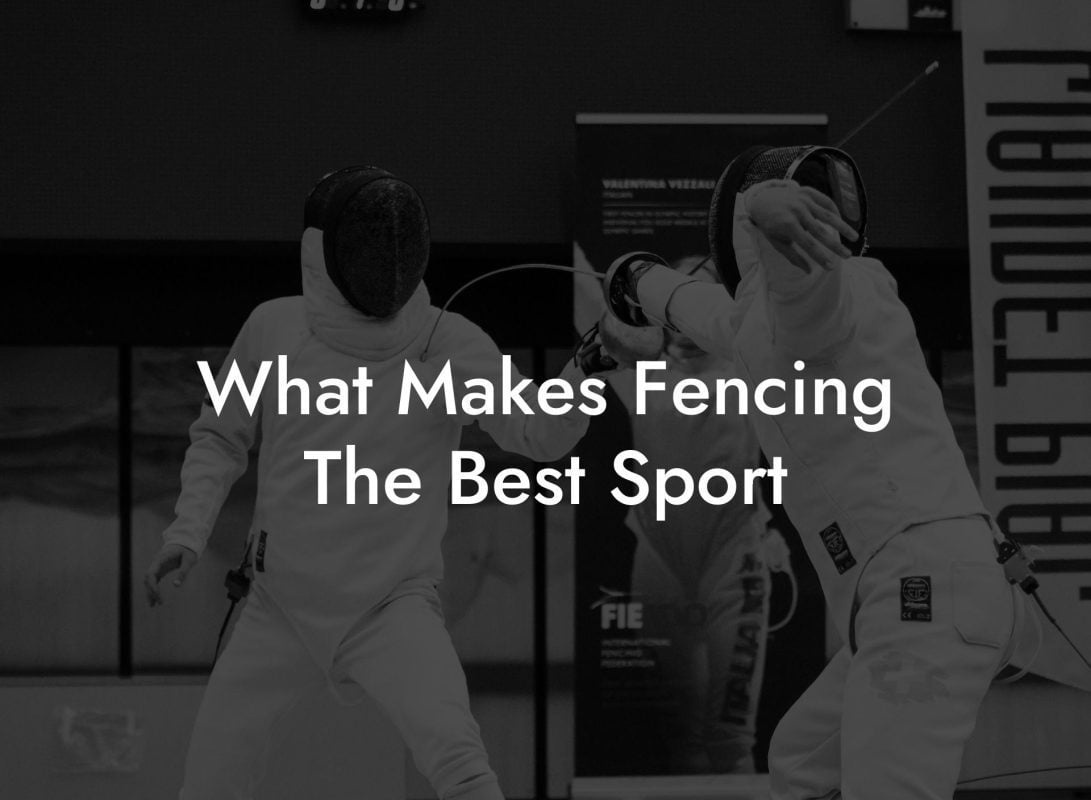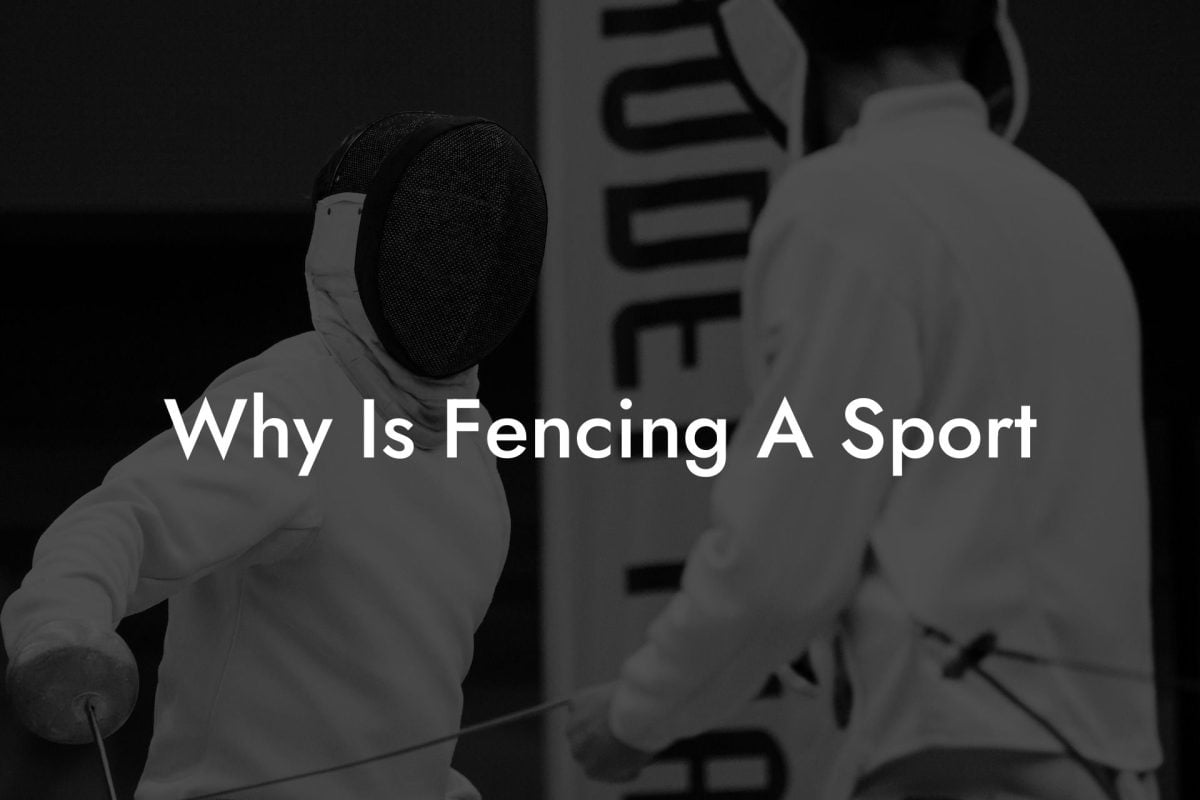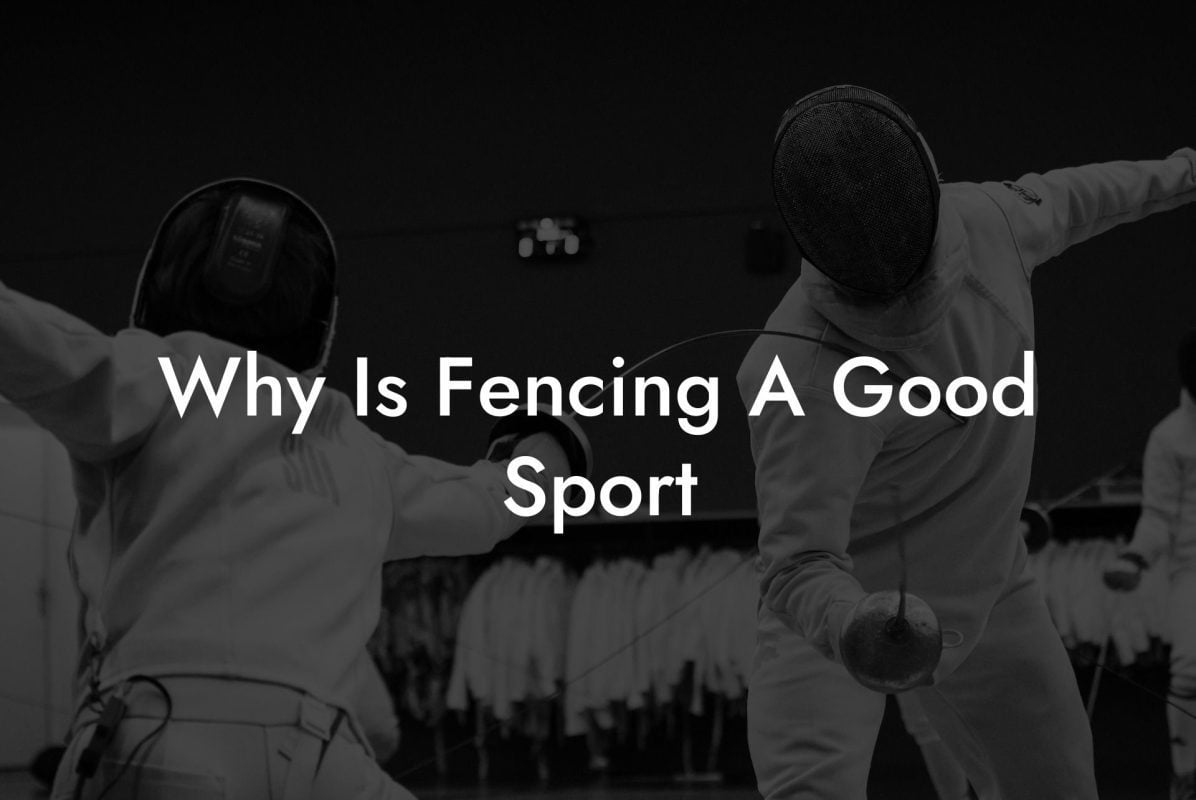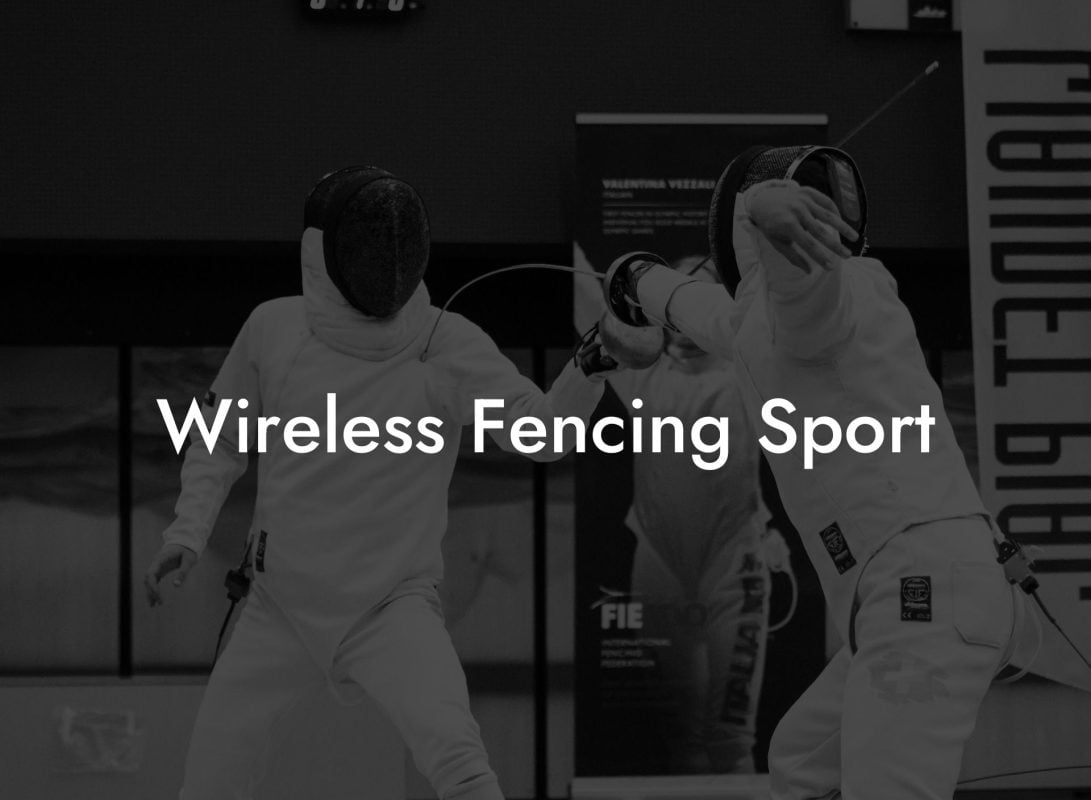Dive into the fascinating world of fencing sport etymology, where we explore the origins and evolutions of the unique phrases, terminology, and names associated with this ancient and captivating sport. From the imposing épée to the swift foil, we'll unravel the linguistic journey that has shaped our understanding and appreciation of the discipline known as modern fencing.
Fencing Sport Etymology Table of Contents
A Brief History of Fencing
Before delving into the etymology of fencing terminology, it's essential to understand the sport's roots. Fencing originated as a form of swordsmanship in ancient civilizations and evolved over time into a martial art and, ultimately, a competitive sport during the 16th and 17th centuries. The Middle Ages laid the foundation for modern fencing, with Italian and French schools of thought shaping its development.
The Term ‘Fencing’
The word "fencing" is derived from the Middle English word "defence," which itself comes from the Old French "defens" and the Latin "defensus." The term's origin signifies protecting or guarding, which aligns with the sport's primary goal - to safely and effectively wield a weapon for both offense and defense.
Weapon Names: Foil, Épée, and Sabre
Fencing is divided into three primary weapons: the foil, épée, and sabre, each with its terminology and origin.
- The Foil: The word "foil" is derived from the Middle English "foile" or "fuylle," which means a leaf or a thin sheet of metal. The foil, as a light and flexible weapon, shares these characteristics.
- The Épée: Épée, a French term, translates to "sword" in English. Its name reflects its historical origins as a weapon used by duellists for honor and dispute resolution in the 19th century.
- The Sabre: The word "sabre" is borrowed from the Hungarian "szablya," meaning "a cutting sword." This weapon, with its distinct curved blade and slashing motions, is particularly influential in eastern European communities.
Fencing Vocabulary
Fencing's rich heritage has given rise to a wealth of unique terms and phrases that encapsulate its history, strategy, and culture. Some of these important terms are:
- En Garde: French for "on guard," this phrase signals the start of a fencing bout and the readiness of both fencers.
- Salle: A fencing school or training facility, taken from the French word for "hall" or "room."
- Touche: A touch or hit resulting from a successful attack, derived from the French verb "toucher," meaning "to touch."
- Piste: The strip or platform on which fencers compete, taken from the French word for a "path" or "track."
- Lunge: An attacking action in which a fencer extends their weapon arm and lunges forward, borrowed from the Old French verb "alonger," meaning "to lengthen."
Fencing Sport Etymology Example:
Within a fencing salle, two fencers face off on a piste, weapons at the ready. As the referee calls out the en garde command, their minds race to evaluate their opponents' strategies and weaknesses, preparing to launch precise lunges and swift parries. As one fencer skillfully lands a touche, the enthusiastic onlookers collectively gasp, marveling at the grace and power displayed in the unfurling duel of foils.
As we've seen, fencing sport etymology reflects the discipline's dynamic and storied roots, painting a vivid picture of the cultural influences that have shaped the sport we know and love today. Knowing the origins of fencing's unique vocabulary allows us to appreciate and respect the legacy of those who paved the way for modern fencing. If you enjoyed this fascinating exploration into fencing's linguistic origins, we encourage you to share it with others and continue learning about this wonderful sport by exploring the variety of guides and articles available on Anchorage Fencing Club.

